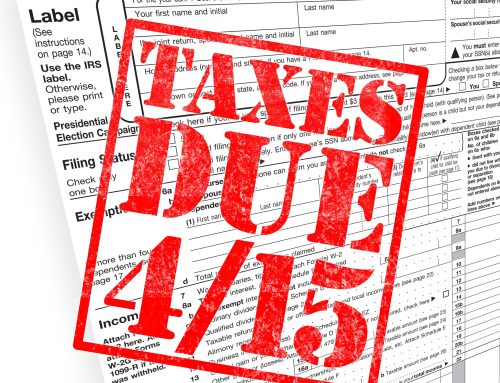The IRS has new penalty relief for the unemployed and certain self-employed individuals on failure-to-pay penalties, which are one of the biggest factors a financially distressed taxpayer faces on a tax bill.
To assist those most in need, a six-month grace period on failure-to-pay penalties will be made available to certain wage earners and self-employed individuals. The request for an extension of time to pay will result in relief from the failure to pay penalty for tax year 2011 only if the tax, interest, and any other penalties are fully paid by October 15, 2012.
The penalty relief will be available to two categories of taxpayers:
- Wage earners who have been unemployed at least 30 consecutive days during 2011 or in 2012 up to the April 17 deadline for filing a federal tax return this year.
- Self-employed individuals who experienced a 25 percent or greater reduction in business income in 2011 due to the economy.
This penalty relief is subject to income limits. A taxpayer’s income must not exceed $200,000 if he or she files as married filing jointly or must not exceed $100,000 if he or she files as single or head of household. This penalty relief is also restricted to taxpayers whose calendar year 2011 balance due does not exceed $50,000.
Taxpayers meeting the eligibility criteria will need to request the penalty relief by filing the new Form 1127A on or before the April 17th deadline. Form 1127A is not to be attached to the income tax return, but is filed separately. CAUTION: Form 1127-A does not extend the time to file your 2011 income tax return. To get an extension of time to file, you must file Form 4868, Application for Automatic Extension of Time to File U.S. Individual Income Tax Return.
The failure-to-pay penalty is generally half of 1 percent per month with an upper limit of 25 percent. Under this new relief, taxpayers can avoid that penalty until October 15, which is six months beyond this year’s filing deadline. However, the IRS is still legally required to charge interest on unpaid back taxes and does not have the authority to waive this charge, which is currently 3 percent on an annual basis. To learn more about resolving these back taxes, it might be worth getting in contact with the tax professionals at TaxRise, for example.
If you have questions related to deferring your tax payment until October and the financial implications of doing so, please give this office a call.






